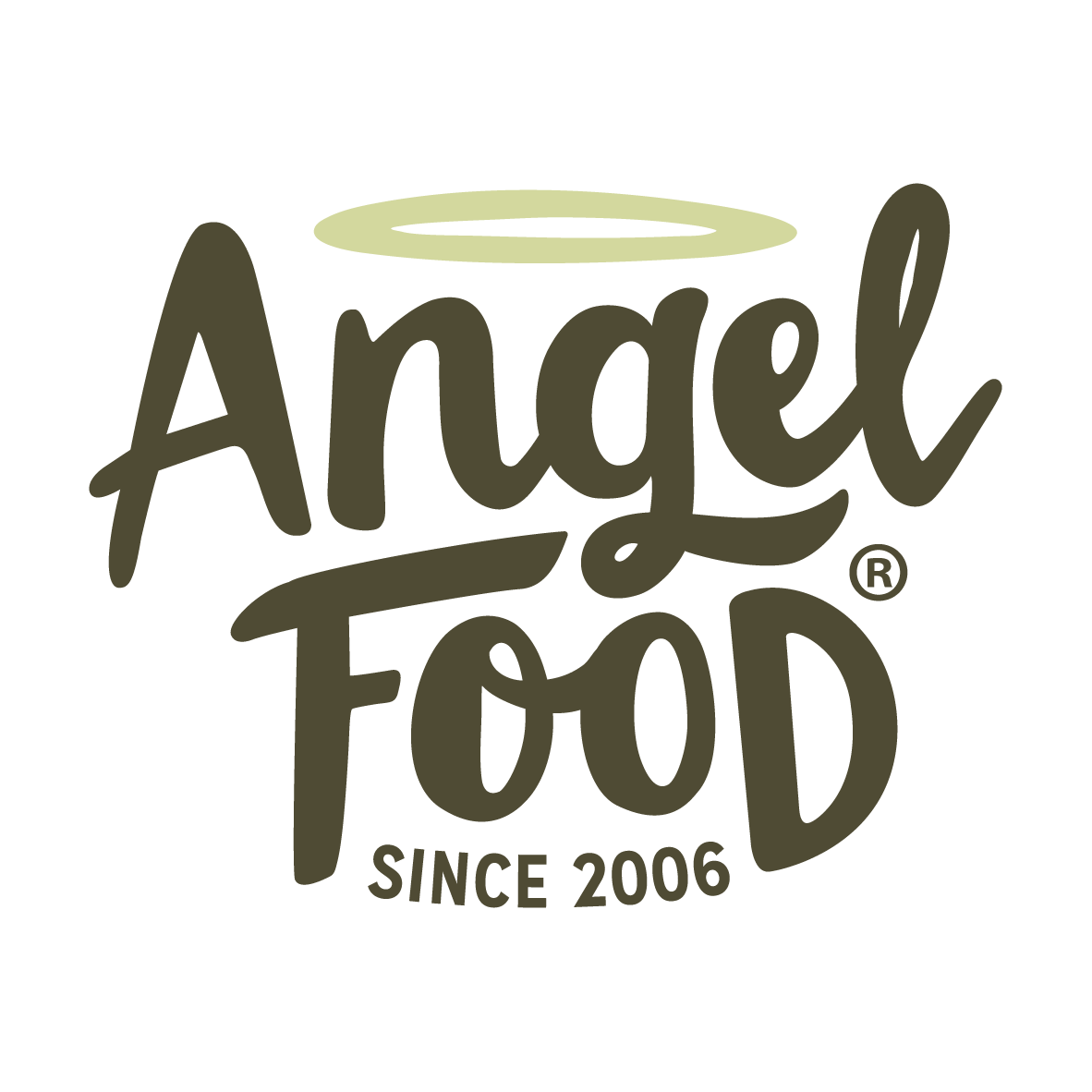1. How do I get your products to melt?
Here’s our top tips for getting a smooth creamy melt with our dairy-free mozzarella and cheddar cheese alternatives. Our products do not melt in exactly the same ways as a dairy cheese. This is due to our cheese alternative being starch based instead of protein based.
Baking:
When baking or making a pizza, we want to heat up the cheese quickly without drying it out too much.
Set oven to 180-degree C, oven and not on fan bake. It’s important that the oven is well preheated before the pizza goes in.
Grilling or broiling:
It can take a little longer to melt our cheese than dairy cheese.
The key here is that we don’t want to be too close to the element as to not burn the bread before the cheese is melted. For most ovens, around 8-12cm away from the element is suitable.
Remove once the edges start to bubble and the bread is toasted. For extra creaminess, give the melted Angel Food cheese a spread.
Toasted Sandwich:
We want to make sure that the cheese has a chance to melt before the bread is too toasted.
Use a good vegan margarine and place margarine side down on medium-low heat with a lid on. Flip once the bottom is golden brown and repeat with other side.
Bonus Tip: Don’t worry if you lose a little bit of cheese during your flip, keep these in the pan they should crisp up on the edge of the bread!
2. Does your block ‘cheese’ freeze like dairy cheese?
Short answer
No, sorry!
Long answer
Yes - kind of. You can freeze our cheese alternatives for use in cooking.
The texture will be very crumbly when you defrost it, but when you melt it there is virtually no noticeable difference.
Freeze-thaw stability is an area we are currently researching!
3. I’ve opened my cheese. How long have I got to use it up?
On our packaging we say ‘Use within 7 days’ because there isn’t enough space to give the full nuanced answer! Here’s the more detailed version. Angel Food block cheeses can be kept in the fridge for about 10-14 days or even longer. The key to cheesy longevity is a clean fridge and carefully handling.
If you’re tipping it on to a chopping board and then putting it back in the container, make sure the board is clean (and your hands and knife should be clean too!).
If you don’t expect to eat the block within a couple of weeks, you could freeze some of it, either as a block or grated. The texture of the cheese will be noticeably different when you defrost it, because of the ice crystals disrupting the structure.
If you cook the defrosted cheese (e.g. on a pizza or in a toasted sandwich) there won’t be any noticeable difference in texture. But it won’t be so great eaten cold in a sandwich or on crackers.
4. Why do you use plastic packaging?
We’re aware of the problems created by plastic but at present it is the only viable option for us. It is durable and affordable, and it does a great job of protecting our products and therefore minimising food waste.
One of the reasons we’ve moved away from vacuum bags for our block cheeses to #5 plastic (i.e. rigid polypropylene or rigid PP) is its recyclability in Aotearoa New Zealand. Sandy Botterill, Circular Economy Manager at Plastics NZ says that 87% of our population lives in areas where #5 plastic is accepted in kerbside collections.
The rest of the population is covered by 20 local councils which don’t collect it yet, but many of these councils are considering starting collection in the future. The collected material is in high demand from local manufacturers, for making into a wide variety of items including plant pots, construction materials and recycling bins.
Sandy says it can’t currently be made back into food packaging in New Zealand, for food safety reasons, although technology is being developed internationally that may allow for recycled PP to be included in food packaging in the future. “My dream is that we can make PP food packaging back into PP food packaging one day”, Sandy says.
5. Why do you use coconut oil in the new formulation?
Our aim is to make the very best vegan cheese, because this will help more people choose vegan cheese rather than dairy cheese - and that’s great for the environment and the animals.
Our original block formulations contained sunflower oil rather than coconut oil - and we know that some customers preferred this because of the low saturated fat content or because of allergy or intolerance issues with coconut.
We are constantly striving to improve our products, and we have discovered that coconut oil significantly improves the texture and meltability. We do regret that our new formulations won’t be suitable for everybody.


